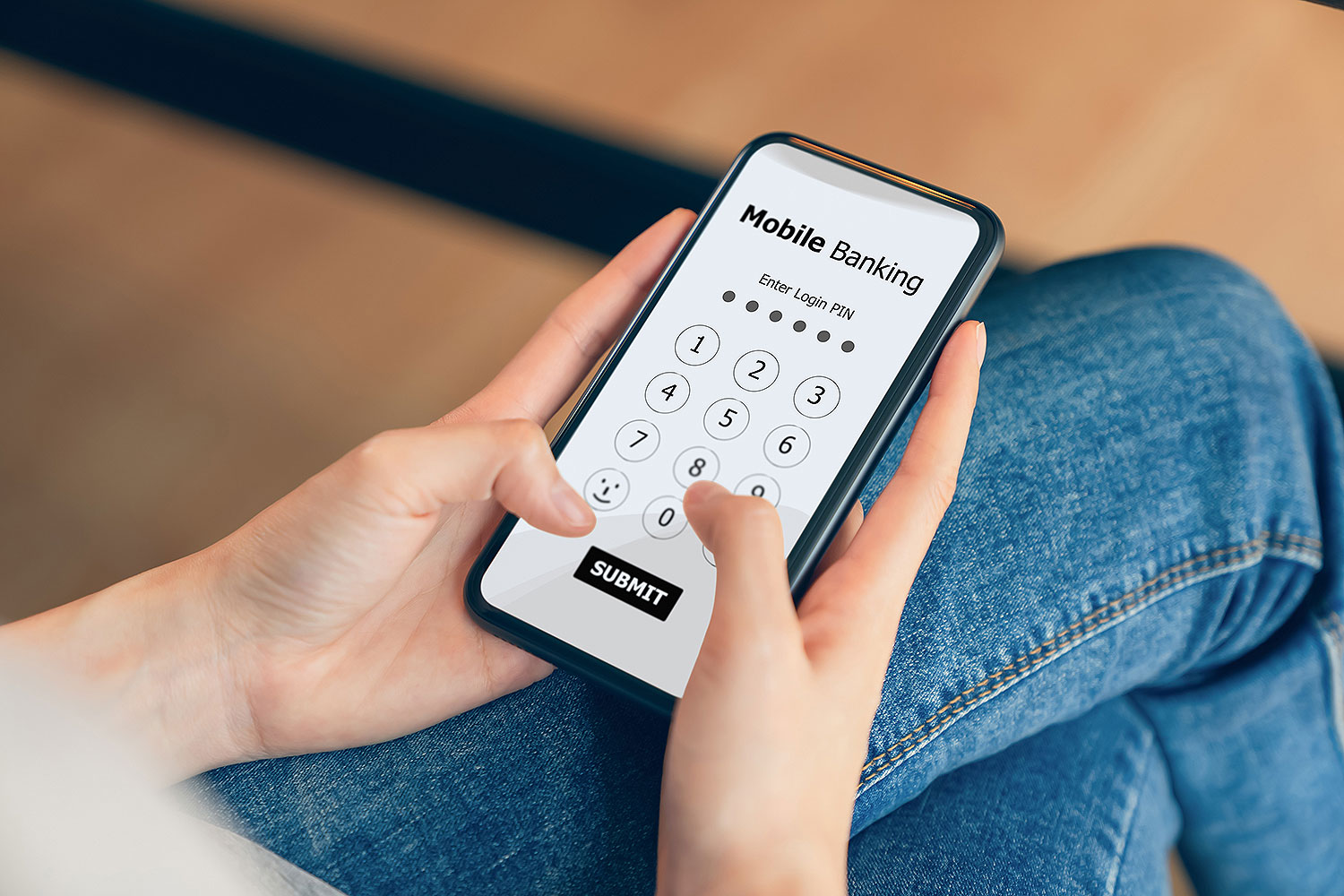Police are warning people not to click on any links or download any unauthorised apps as they could potentially lose all of their savings to hackers.
Deputy national police chief Torsak Sukwimol briefed the media yesterday in response to a hacking report involving a victim who lost money from his bank account after he charged his phone at a public spot.
A report from Pol Lt Gen Worawat Watnakornbancha, commissioner of the Cyber Crime Investigation Bureau (CCIB), indicated the victim's smartphone appeared to have been installed with a scam matchmaking app called "Sweet Meet".
He said the installation of the app was the main reason the phone was hacked and the money drained from the man's banking app. This was apparently unrelated to another hack related to shared charging stations reported recently by media outlets.
"The most important thing is people should avoid downloading apps from external sources suggested by some live-streaming programmes. Smartphone users must download and install apps directly from the Google Play Store or the App Store," he said.
Pol Gen Torsak said the charging hacks are a phishing scam that can only obtain basic information or GPS data.
Meanwhile, the Bank of Thailand (BoT) has consulted the Thai Bankers Association about whether fake charging cables may have been used as a hacking tool, saying the attacks were more likely to have been caused by unauthorised apps filled with malware. Once such an app is installed, the user will lose control of their phone, or their actions may be monitored so their transaction data can be pilfered.
The BoT has increased countermeasures, such as more security updates to its mobile banking app, in response to threats from call centre gangs and those sending out fake SMS texts. Financial institutes have warned smartphone users to avoid clicking on malicious links embedded in SMS texts or sent via Line messages.

